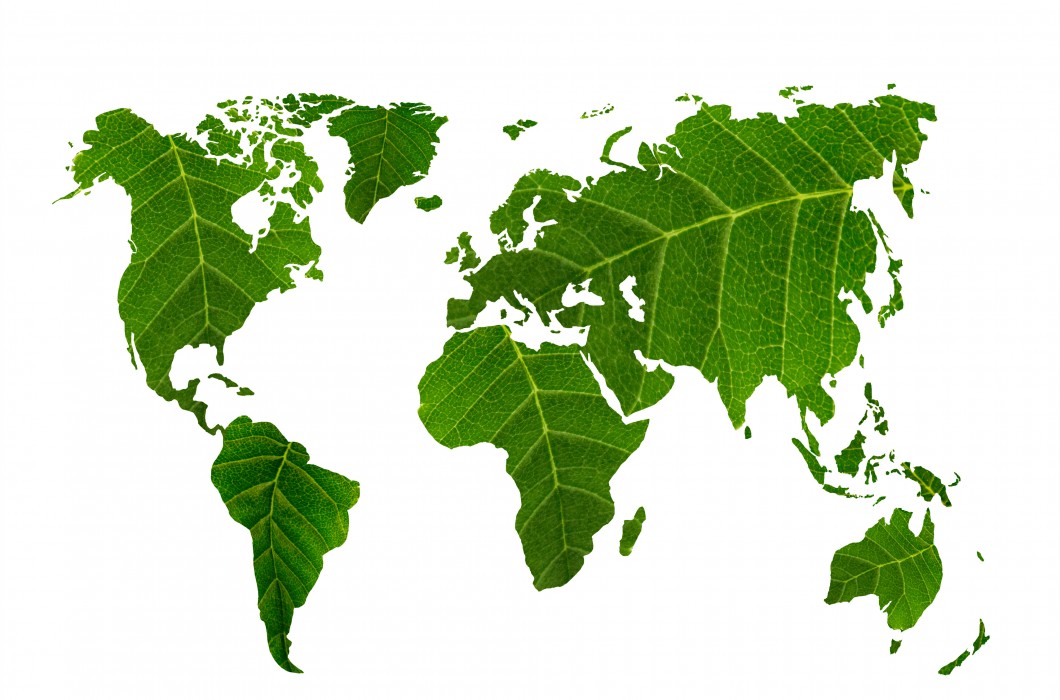CLIENT
Natural Resources Canada
PROJECT DESCRIPTION
The Natural Resources Canada (NRCan) Greening Government Services (GGS) assists Canadian federal organizations in reducing energy and water consumption and greenhouse gas (GHG) emissions in their buildings. Actually, the federal government is also committed to reducing its own GHG emissions by 40% below 2005 levels by 2030 and by 80% by 2050, as indicated in the Greening Government Strategy developed by the Treasury Board of Canada Secretariat.
In this context, the NRCan GGS offers management tools and assistance to help federal clients implement energy efficiency improvement projects.
Transport Canada owns approximately 65 buildings across Canada, including ferry terminals, maintenance garages and office spaces. It keeps a GHG inventory of its facilities, which includes each site’s energy consumption. Currently, Transport Canada needs to perform some energy efficiency analyses of its buildings to help with the planning and designing of future renovation and retrofit projects.
HIGHLIGHTS
Econoler was hired to perform ASHRAE Level 2 audits at the following five Transport Canada-owned sites to help reduce their energy consumption and GHG emissions:
- Churchill Airport;
- Wabush Airport;
- Sept-Îles Airport;
- St-Anthony Airport;
- Québec Regional Office.
As part of this assignment, Econoler carried out the following tasks:
- conducting preliminary energy-use analyses;
- conducting walk-through inspections;
- Reviewing the conditions, mechanical and electrical designs, and operation and maintenance practices;
- identifying and analyzing energy efficiency measures;
- providing a final ASHRAE Level 2 Energy Audit report for each site, including the following contents about each recommended measure:
- a description of the measure;
- implementation costs;
- benefits of the measure (energy savings, cost savings, reduction of GHG emissions);
- impacts on operation and maintenance.
The analysis of the energy efficiency measures performed by Econoler identified a number of energy-saving opportunities, including the following: lighting conversion to LEDs; replacement of the curtain walls; conversion of fuel-oil boilers to electric boilers; installation of ground-source heat pumps; photovoltaics; and recommissioning.
The implementation costs have been estimated, ranging from about CAD 200 for low-cost measures to over CAD 2 million for the largest measures, such as the conversion of fuel-oil boilers. Financial incentives that may facilitate the implementation of energy efficiency measures were also identified.
Considering the measures recommended on the five sites, the target in the range of 80% GHG emission reduction could be reached for three of them, only by converting the fuel oil boilers in place to electric boilers. For the two sites that are electrically heated, their GHG emissions could be reduced by 13% and 28% respectively.
Based on Econoler’s findings, Transport Canada will be able to make an informed decision on the various measures identified and proposed to reach its targets.



